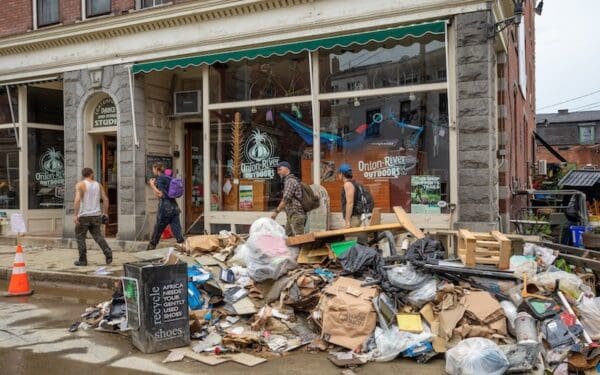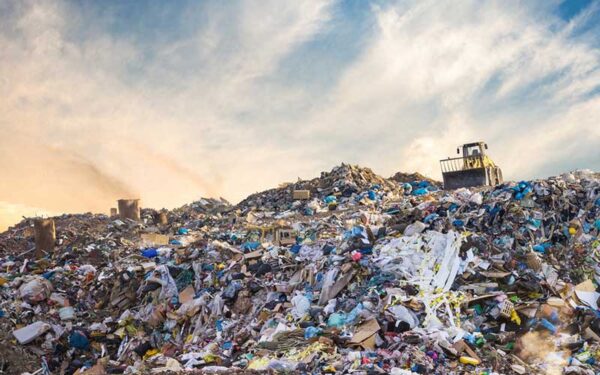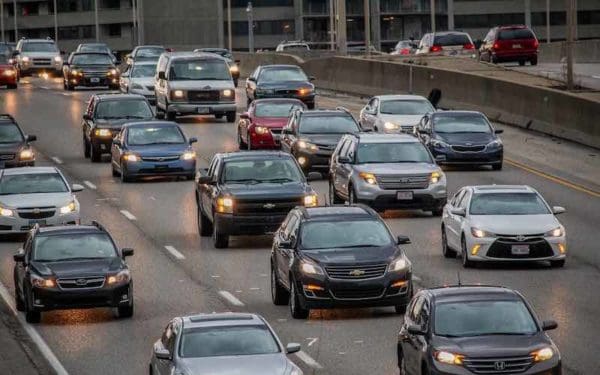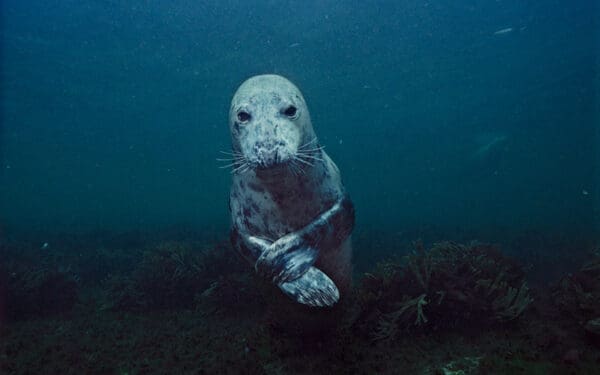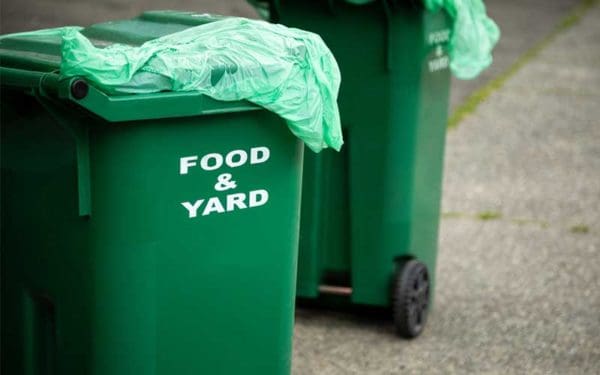Jun 25, 2025
As the pace of natural disasters picks up, stunned communities ask themselves: How do we clean up from this? While there’s no easy answers, we need to take a more systematic approach to natural disasters.
Jun 24, 2025
Guest author Wilson Haims explores how wild spaces like Cashes Ledge can expand people’s perspectives
Jun 19, 2025
Conservative media and even some conservation spaces want you to believe that Black people don’t care about the environment, nor do they vote for the environment. I find that ironic, considering I was raised by farmers and environmentalists on both sides of my family. They cared about taking care of the environment because it was the only thing they had.
Jun 17, 2025
This bill allows Casella to yet again fill the landfill with other states’ construction waste, creating toxic garbage juice that ultimately flows into waterways, like the Penobscot River, and puts people at risk.
Jun 17, 2025
This failure keeps us stuck in the same polluting patterns that harm our health, our wallets, and our communities.
Jun 12, 2025
Aquaculture fish farms are polluting the Gulf of Maine and harming native fish populations. CLF is suing to make them clean up their act.
Jun 11, 2025
With more boots on the ground than ever across all six New England states, we will be undaunted in these fights and the many others to come.
Jun 10, 2025
Dr. Casey Thornbrugh shares insights as an environmental advocate and citizen of the Mashpee Wampanoag Tribe.
Jun 06, 2025
States are pouring money into roads and highways. It’s time for a better plan — one that cuts pollution and brings real driving alternatives to every community.
Jun 04, 2025
The uptick in composting is a huge step forward in combatting our trash crisis. But we can’t do the hard work on our own. We need cities, towns, and states to invest in infrastructure that will make composting easy and affordable for everyone.
